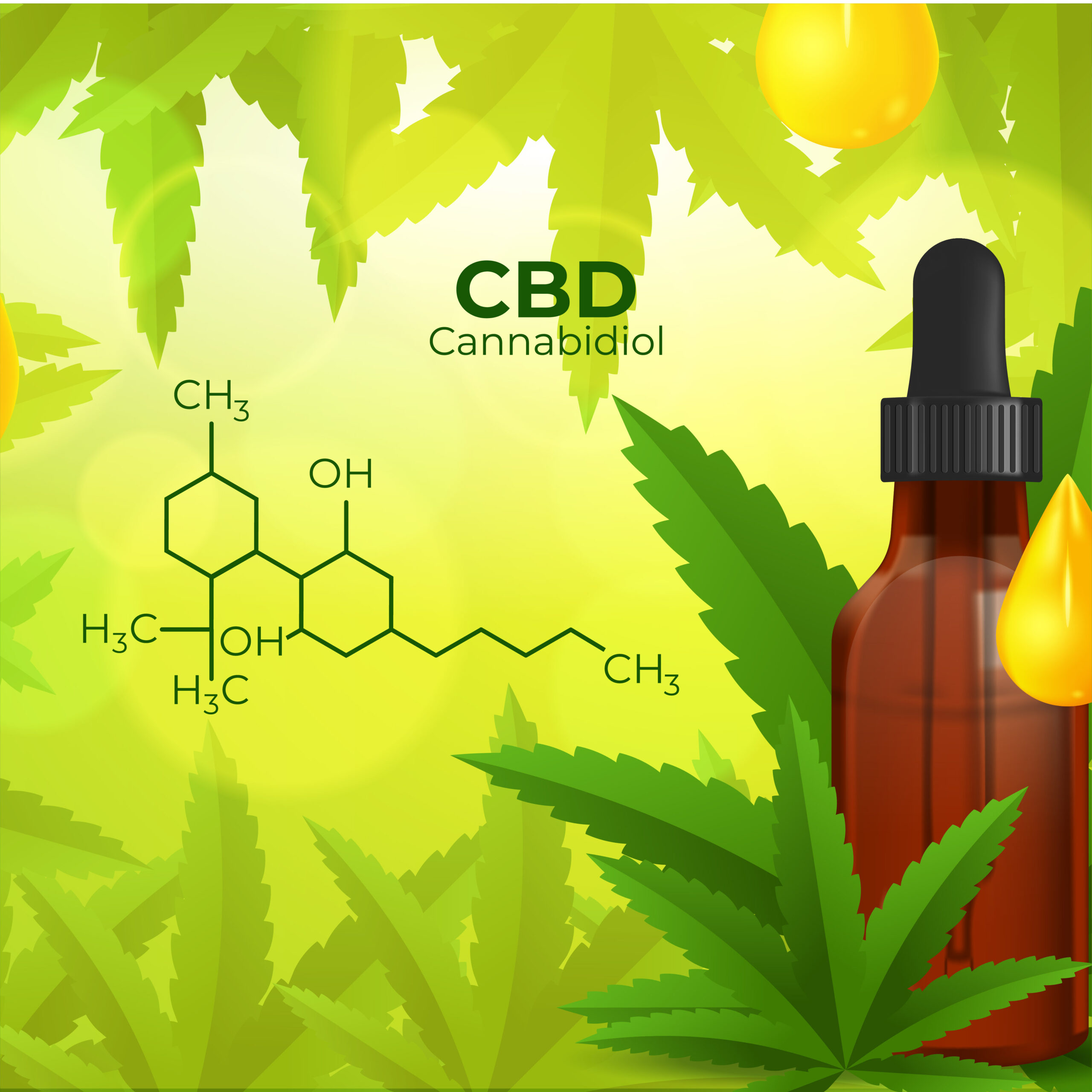The endocannabinoid system (ECS) is a fascinating system found in all animals except insects. It consists of neuromodulators, lipids, and receptors that help regulate various functions in the body, promoting homeostasis. Cannabidiol (CBD), one of the 113 active compounds found in cannabis and hemp plants, interacts with the ECS when consumed. While there is still much to learn about the precise workings of this relationship, the potential benefits of CBD for the ECS in all animals, including humans, are becoming increasingly clear.
ECS Receptors
The ECS receptors can be classified into two main groups: CB1 and CB2 receptors. CB1 receptors are predominantly found in the central nervous system, brain, lungs, liver, and kidneys, while CB2 receptors are primarily located in white blood cells, tonsils, and the spleen. CB1 receptors help regulate important chemicals in the body, such as serotonin, dopamine, and glutamine, which play a role in pain response, stress, and sleep. On the other hand, CB2 receptors are involved in regulating cytokines, which are chemicals in the immune system that influence inflammation, infection, and trauma. While the exact mechanisms of CBD’s interaction with the ECS are not yet fully understood, research has shown that CBD can bind to ECS receptors and contribute to the regulation of physiological functions.
Current Findings
Research on CBD’s effects on the ECS has demonstrated promising results, but more studies are needed to unlock its true potential. Studies exploring the relationship between CBD and CB1 receptors have shown favorable outcomes in pain relief, stress reduction, and improved sleep. Additionally, investigations into the interaction between CBD and CB2 receptors suggest a possible reduction in seizures, inflammation, and potential anti-cancer effects. Importantly, CBD does not have psychoactive properties like tetrahydrocannabinol (THC).
Importance of Further Research
While CBD has shown great promise, it is crucial to emphasize that more research is needed to fully understand its benefits and limitations. Rigorous scientific studies will help elucidate CBD’s true potential for various conditions and shed light on its safety profile. So far, CBD has demonstrated good tolerability in most individuals and animals, with some minor side effects such as dry mouth, diarrhea, reduced appetite, and fatigue. It is also important to consider potential interactions with blood thinners when using CBD.
Our Commitment to CBD and the ECS
At 812 Hemp, we believe that CBD, with its relationship to the ECS, offers a potential natural remedy for multiple ailments. We prioritize product quality, purity, and affordability, ensuring that our offerings undergo third-party testing. We are proud to stand behind our products and their potential to provide effective relief. For more information about CBD and its benefits, please visit the CBD Education section on our website.
As our understanding of the ECS and CBD continues to evolve, it is evident that CBD holds promise in supporting the body’s natural balance. While there is still much to discover, CBD’s interaction with the ECS offers potential benefits for a wide range of conditions. As consumers, it is important to stay informed, prioritize quality, and consult with healthcare professionals when incorporating CBD into your wellness routine. With ongoing research, CBD may become an integral part of holistic approaches to health and well-being.
*The statements made regarding these products have not been evaluated by the Food and Drug Administration. The efficacy of these products has not been confirmed by FDA-approved research. These products are not intended to diagnose, treat, cure or prevent any disease. All information presented here is not meant as a substitute for or alternative to information from healthcare practitioners. Please consult your healthcare professional about potential interactions or other possible complications before using any product. The Federal Food, Drug, and Cosmetic Act requires this notice.



